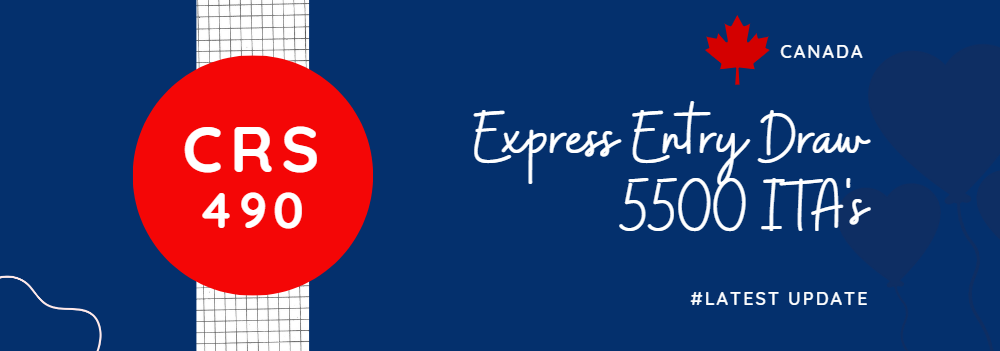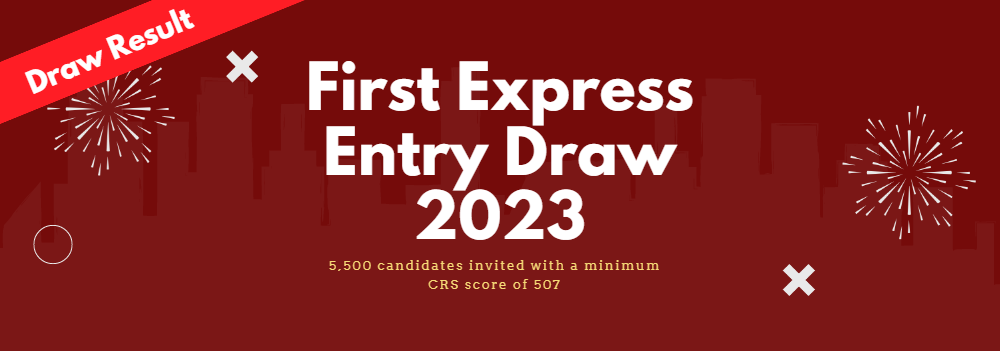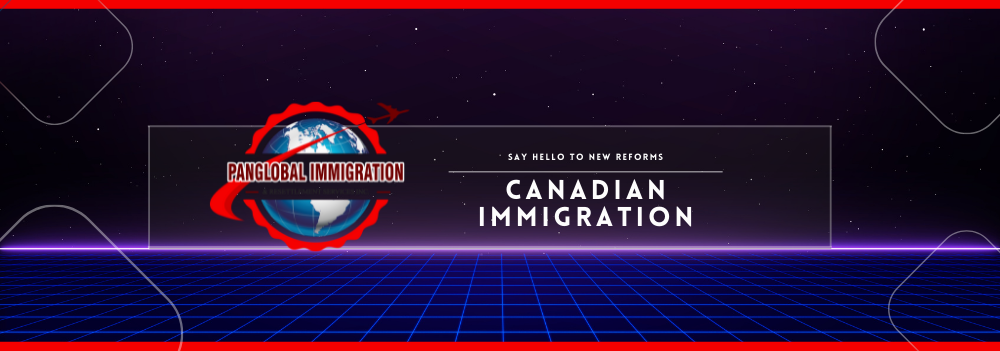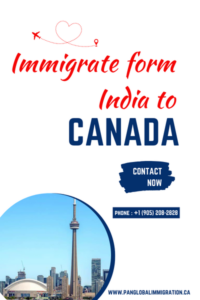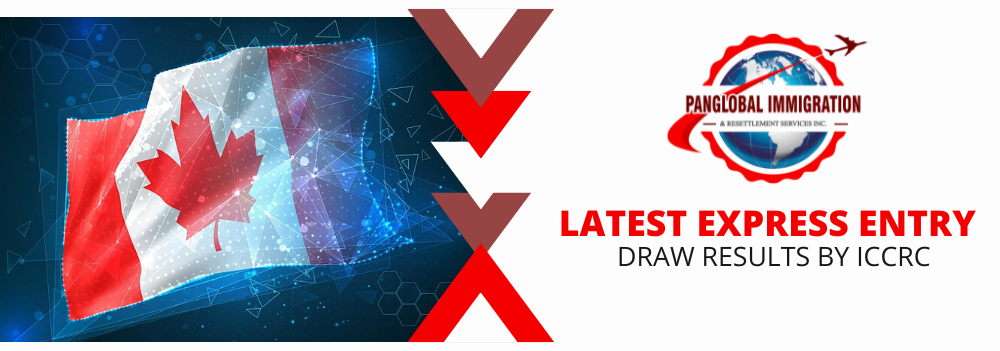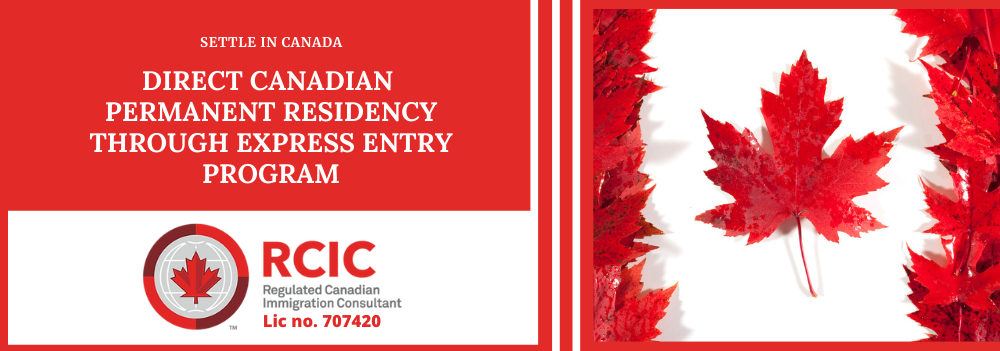BREAKING NEWS: The IRCC invites 5,500 Express Entry hopefuls to the second 2023 round.
The IRCC staged a surprise draw Thursday, marking the second Express Entry draw in two weeks. IRCC has already invited 11,000 Express Entry candidates for 2023, marking the fastest start to Express Entry in history.
Today was the second Express Entry draw of the year in Canada.
Immigration, Refugees, and Citizenship Canada (IRCC) invited 5,500 applicants with a minimum Comprehensive Ranking System (CRS) score of 490. Because no programme was stated, eligible candidates from the Canadian Experience Class (CEC), Federal Skilled Worker Program (FSWP), and Federal Skilled Trades Program were invited (FSTP). All of these initiatives are part of the Express Entry system.
The draw was unexpected because it was the second Express Entry round of invites in two weeks. Last Wednesday, January 11, the IRCC held a draw in which it also invited 5,500 candidates. Last week’s CRS cut-off was 507, implying that the CRS cut-off score has declined 17 points between draws. IRCC previously reported a score of 507 for this draw as well, but it has subsequently been corrected to 490. The draw last week was the first since the November 23, 2022 draw. Express Entry draws take place every two weeks, generally on Wednesday. The IRCC has not explained why there was a pause in draws during this time period.
Nonetheless, the fact that draws have taken place in successive weeks to start 2023 indicates IRCC’s desire to land more skilled immigrants in Canada this year. The 11,000 ITAs already issued mark the fastest start to Express Entry since it was launched in 2015, eclipsing the previous record of 10,000 ITAs that were issued in January 2021.
Express Entry has a service standard of providing permanent residence to the most successful candidates in just six months, which is the fastest service standard among all of Canada’s over 100 different skilled immigration pathways.
The fast start to the year for Express Entry is part of what is likely to be an eventful year for IRCC’s main skilled immigration pathway.

